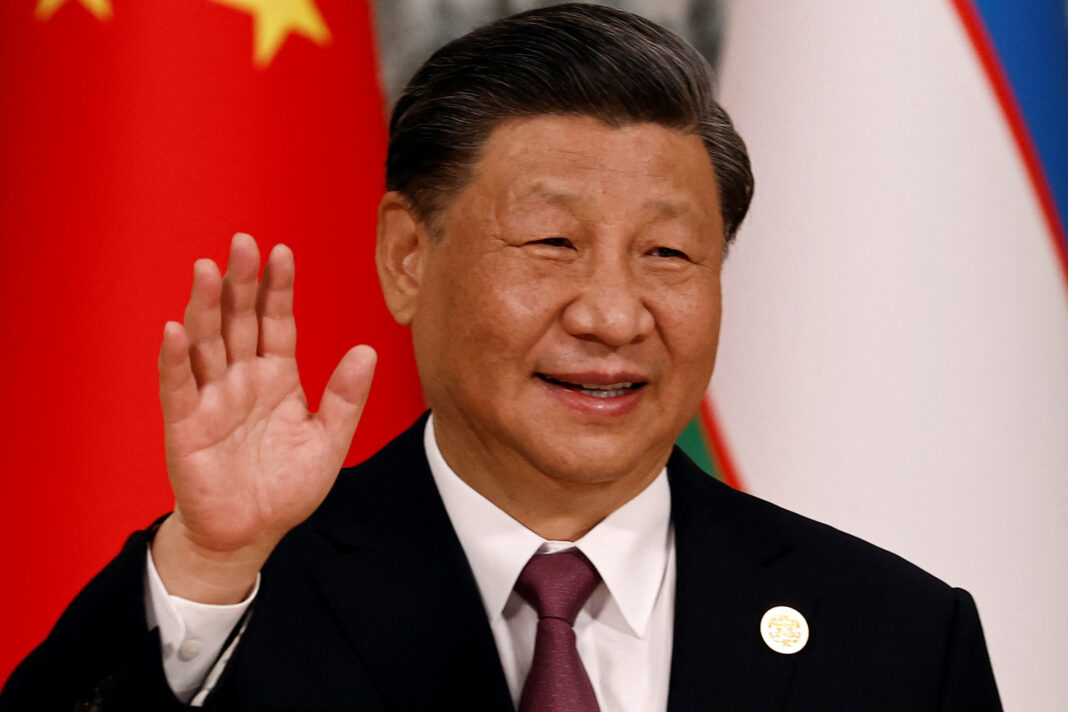What is the new Chinese law on Foreign Relations? Whats does it signify and what are the possibile consequences in the international system? Amidst a period of renewed tensions with the United States, China has passed its first law regarding its approach to international matters.
This law does not provide any additional instrument to tackle issues in the international system but rather represents a statement from Xi Jinping both to the foreign and domestic audience on the country’s intentions for the near future. The consequences of this new law are still unknown but two main scenarios can already be drawn.
What is the Law on Foreign Relations?
The law on Foreign Relations is the first Chinese law aimed at addressing the international system. It was passed on the 28th of June 2023 and has taken effect on the 1st of July.
The main characteristic is that it is an ambiguous law that threatens to punish entities and individuals who try to harm Chinese interests, without specifying which actions are seen as menacing and which not. This renders it difficult for other states to choose a modus operandi and for us to comprehend the effects that this will have on policy makers around the world.
The second characteristic of the law is that it does not provide any additional tool for the conduct of foreign relations. It is, as stated by Zhao, a professor at the University of Denver, simply not a “new legislation but rather a declaration” of the existing intentions of Beijing. The law clearly restates, in fact, two points of China’s behaviour on the international stage.
First, the ideology that drives it is that of the Communist Party and not the Chinese government. This means that the Foreign Ministry and the State Council are solely implementing institutions unable to decide for themselves. The second point is that China is committed to the pursuit of a more hawkish role in the international arena aimed at tackling its main opponent: the West and its hegemony.
Is this law just a continuation of an existing foreign policy?
The claim made by Zhao that this is purely a declaration of the continuation of an existing trend is backed by several examples. China, in fact, has never been known for its strong soft power but rather, for the use of sticks in the management of relations with other countries and, examples of this abound. For instance, recently, China has banned imports from Australia following an investigation conducted by the counterpart on the origins of Covid-19.
Therefore, more than shifting behaviour, the main aim of the Law on Foreign Relations is that of restating China’s intentions and making the use of a more hawkish approach towards other states, especially the West and the United States, easier. This is taking now place through a facilitated use of such tools as coercion and sanctions, which has become possible by making any attack on its interests illegal, therefore punishable.
What are the possible consequences?
Seeing this renewed bellicose approach, two consequences can be imagined. On the one hand, this environment can lead weaker countries to politically comply with China. This means that some countries might choose to accept and adopt the ideology and modus operandi of the Chinese government to avoid any economical backlash and direct confrontation with such a superpower as Beijing.
The opposite scenario can be imagined as well. Instead of complying to China, countries that have the possibility to do so, might turn to other great powers to diversify their markets and partners. This decision would lead to a minimization of risks and reduced vulnerability to threats as well as sanctions coming from Beijing. This would render them freer to act in accordance with their preferences.
As seen above, the consequence that the implementation of the Law on Foreign Affairs by Beijing is still unsure and, only time will be able to tell if implementing this law was a success or not. Despite its effectiveness, however, it is clear that China has managed to send a strong message and, this might be enough, for now, to initiate a change in the international system.
This law does not provide any additional instrument to tackle issues in the international system but rather represents a statement from Xi Jinping both to the foreign and domestic audience on the country’s intentions for the near future. The consequences of this new law are still unknown but two main scenarios can already be drawn.
The law on Foreign Relations is the first Chinese law aimed at addressing the international system. It was passed on the 28th of June 2023 and has taken effect on the 1st of July.




